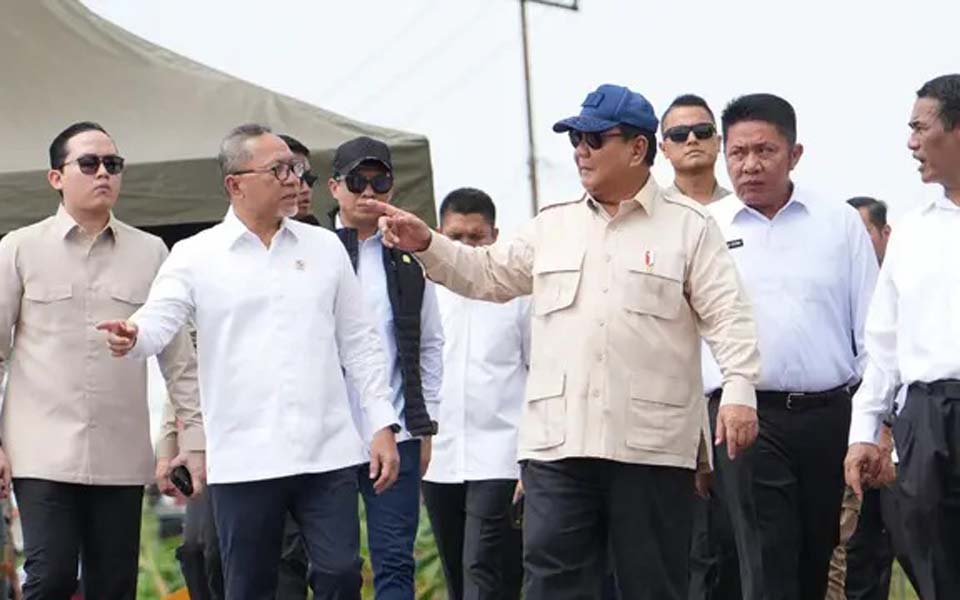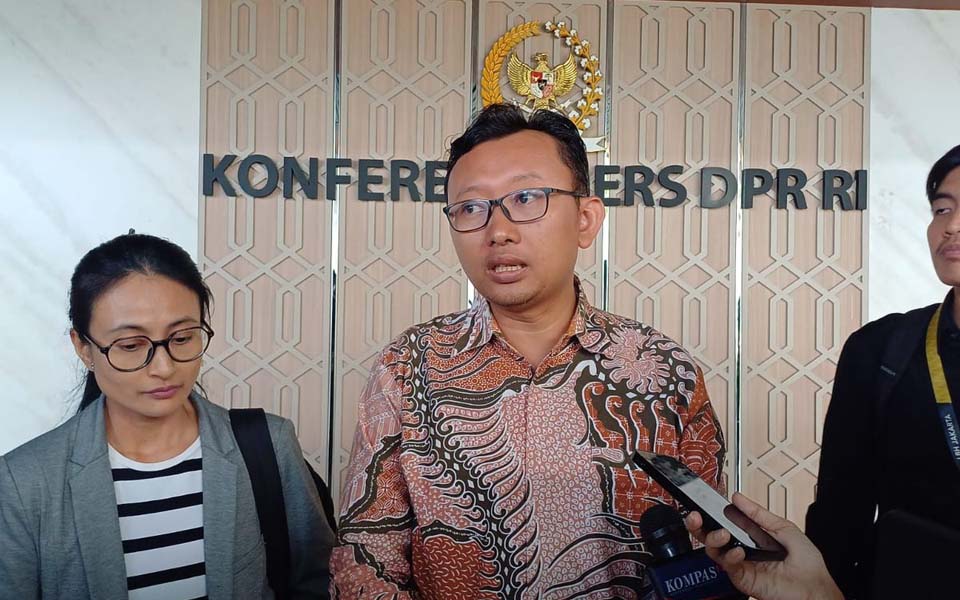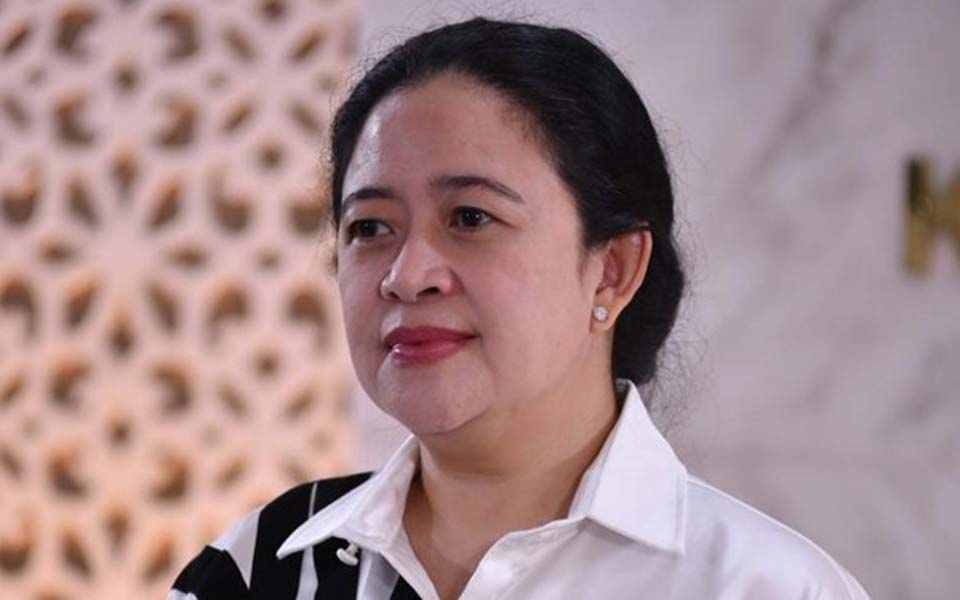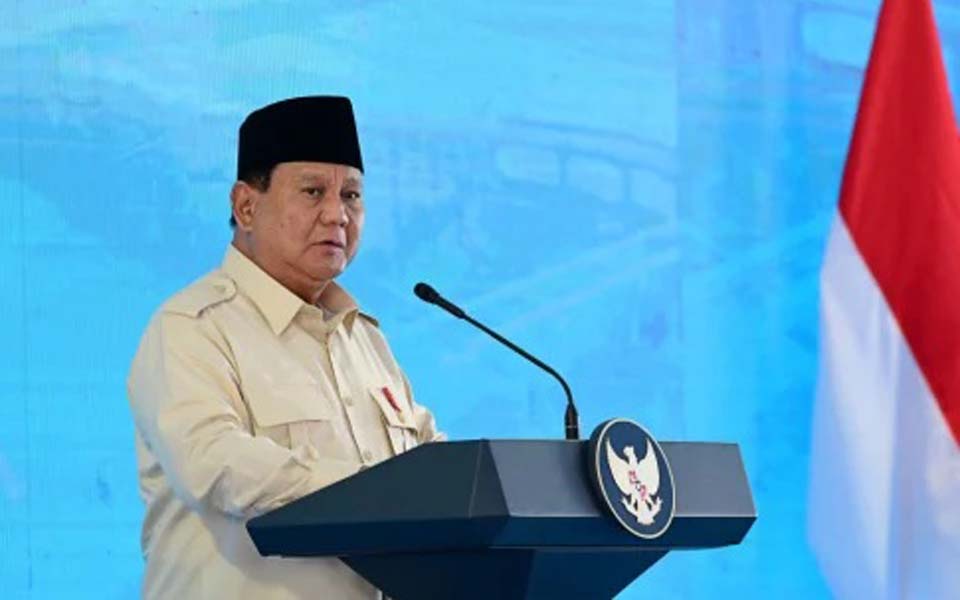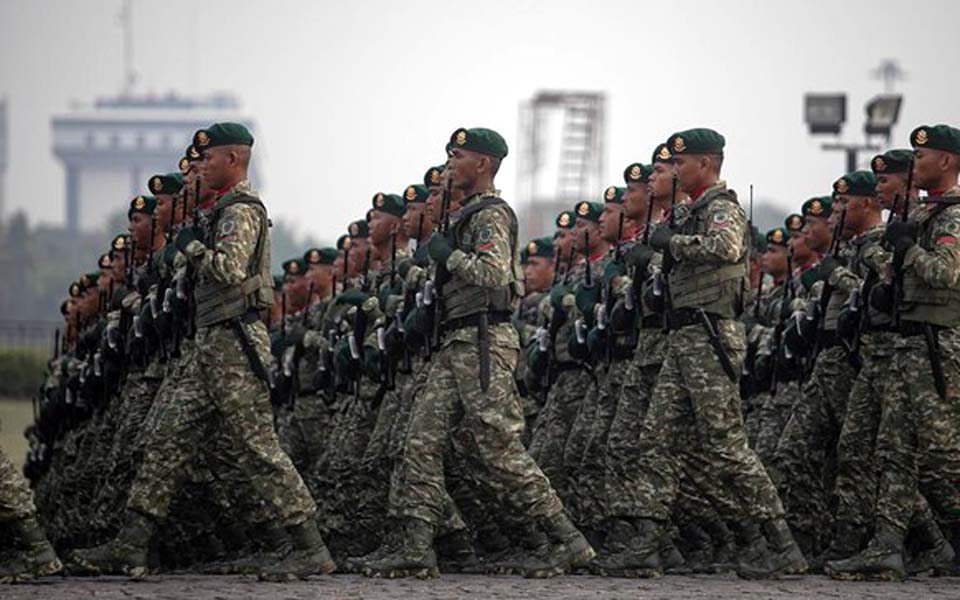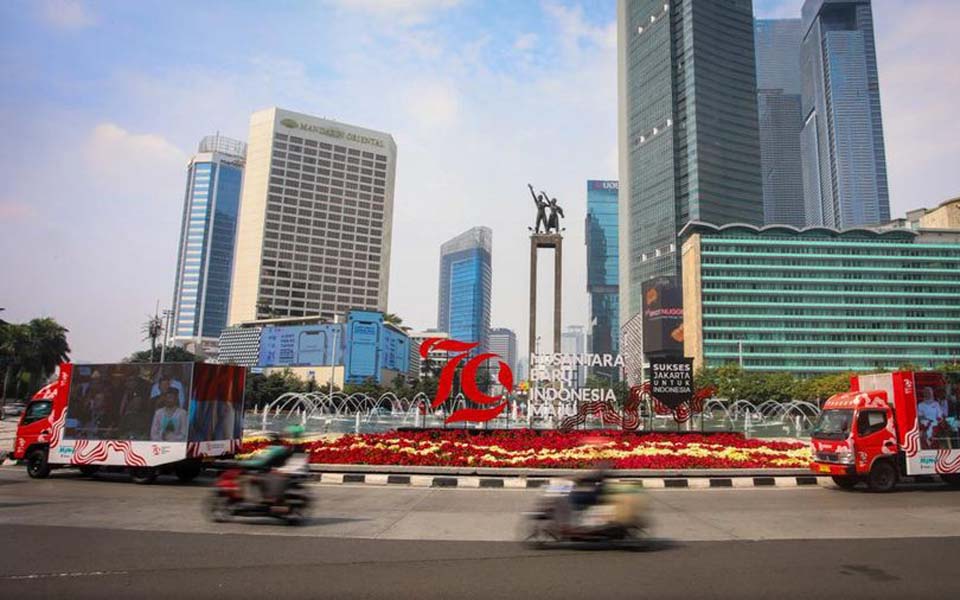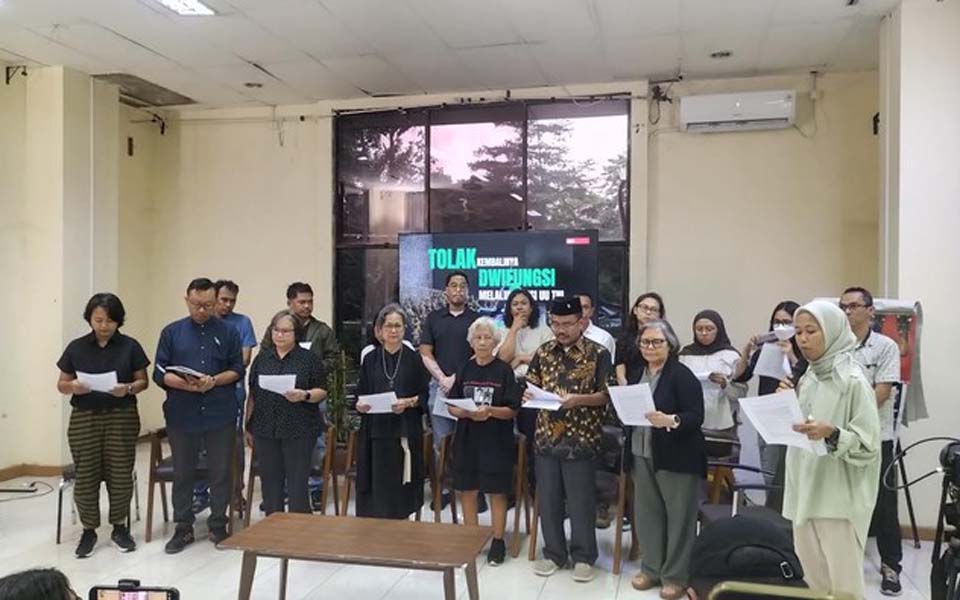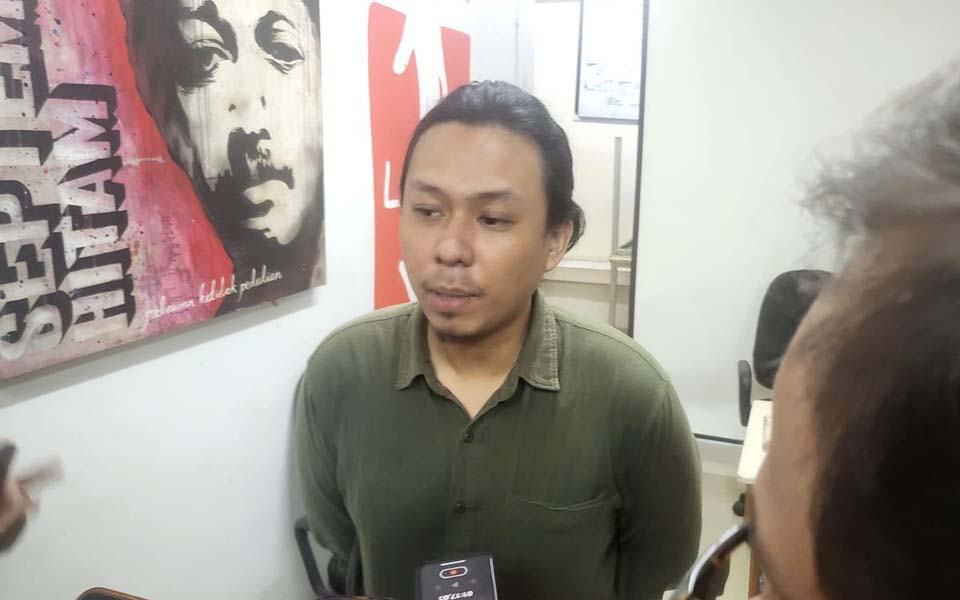Jakarta – A non-government organisation focusing on mining in South-East Asia, Transforming Energy and Development (Trend Asia), is urging the government to reveal detailed information on mining contracts in Indonesia. Trend Asia representative Ahmad Ashov made the call on International Right To Know Day which fell on September 28.
“[We] urge the government to reveal the data on giant mining contracts and the details on the evaluation process. Indonesia is actually part of the International Right To Know Day. We emphasise that this information is related to the greater public good and must be fulfilled by the government”, said Ashov during a webinar on Sunday September 27.
Ashov said that last year the government made it easier for companies to extend mining contracts, particularly for coal mining companies. On the other hand, the government and the House of Representatives (DPR) rushed through the revisions to the Mineral and Coal Mining Law (UU Minerba) and are now rushing to push through the Draft Omnibus Law on Job Creation.
“Within these [laws] there’s lots of special treatment afforded to mining companies”, he said.
Ashov suspects that the rushed revisions to the UU Minerba and its subsequent enactment were influenced by several things, including among others, declining prices and demand for mining produce.
He said this was also related to mining company debts in terms of obligations or bank debts both domestically and overseas.
“[According to] our records, mining company debts will reach US$6.9 billion or around 100 trillion rupiah by 2022. With these financial difficulties, the [corona virus] pandemic crisis and declining demand, mining companies are clearly experiencing difficulties paying off their debts”, he said.
“We’ve got the impression that it is as if mining companies have been given a red carpet through various means in the UU Minerba”, he said.
Because of this, Ashov said that it is very important for the government to reveal the data and information on to mining contracts so the public understands the impact of what might happen. Information transparency will also avoid the risk of a group of parties making profits for themselves.
“What we [want to] avoid is the moral hazard, namely if only two parties know, there is an extraordinary risk and it’s very possible that decisions are being made just to benefit them [the mining companies] and not provide space for the aspirations of communities which are impacted on [to be heard]”, he said.
The #BersihkanIndonesia (Clean up Indonesia) coalition meanwhile, which is made up of Mining Advocacy Network (Jatam), the South Kalimantan chapter of the Indonesian Forum for the Environment (Walhi), the East Kalimantan chapter of Jatim (Jatim Kaltim) and Trend Indonesia, are urging the Ministry for Energy and Mineral Resources (ESDM) to open the Work Activity and Coal Mining Agreement (PKP2B) documents belonging to the companies PT Kaltim Prima Coal (KPC), PT Berau Coal (BC), PT Kideco Jaya Agung (KJA) and PT Multi Harapan Utama (MHU).
In addition to this, the groups are also asking the government to reveal the list of names on the team which conducted the development and instrument evaluations which were used.
“It’s because of this that we feel it’s important to urge the government to be transparent, be open with the public, particularly with communities which suffer from the bad impacts of these mining companies’ operations”, said Jatim Kaltim dynamist Pradarma Rupang in an official press release.
Rupang said that in accordance with the law on public information transparency, this data is included in the category of public information which can, at any time, be accessed by and opened by the broader public.
“We also want to know whether the public was invited to the discussion when they were making the evaluation, including who exactly is on the evaluation team’s list of names, was there any team members which had a conflict of interest, did it involve representatives and social components from affected communities, how independent was the team?”, he said. (ctr/fra)
[Translated by James Balowski. The original title of the article was “Pemerintah Didesak Buka Detil Kontrak Tambang di Indonesia”.]






